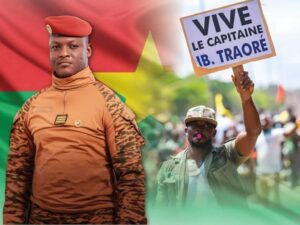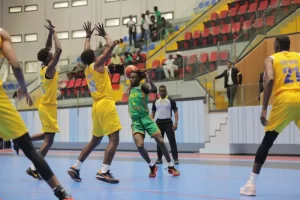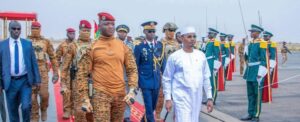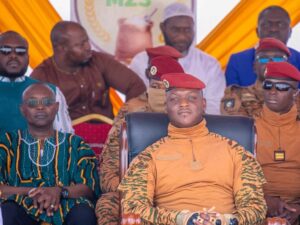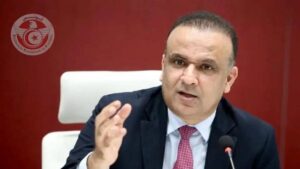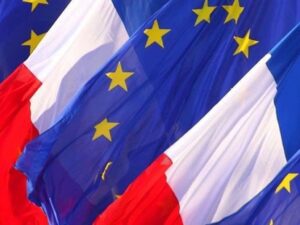Niger/ECOWAS Summit: What is the future of the tug-of-war between Niger and ECOWAS?
The standoff between Niger and ECOWAS that ensued following the coup d’état on July 26 persists. There seems to be no agreement in sight between the two parties based on the outcomes of the latest ordinary meeting of heads of state and governments of the sub-regional organization.
According to the conclusions drawn from the meeting on Sunday, December 10, ECOWAS not only maintains heavy economic and financial sanctions and its option of aggression against Niger but also presents propositions that are difficult for the Nigerien CNSP (Conseil national pour le salut du peuple/National Council for the Salvation of the People) to accept.
According to reports, it’s true that ECOWAS no longer demands the reinstatement of the ousted president but proposes a short one-year transition period for the military regime, aiming for a return to constitutional order by eventually transferring power to civilians. Additionally, ECOWAS has demanded the immediate and unconditional release of the deposed president, who has been out of power for nearly five (05) months.
These conditions, according to the heads of state of the sub-regional organization, are meant to alleviate the illegal and inhumane sanctions imposed on the brotherly population of Niger. However, the CNSP is surely not inclined to accept these terms since they previously asserted that only the people would have the final say during a national dialogue regarding the duration of the transition, which should not exceed three (03) years.
This timeframe is deemed reasonable to establish a solid foundation for a free and democratic state and also for an effective fight against terrorism. Furthermore, demanding the immediate and unconditional release of former President Mohamed Bazoum would be hard for the military regime in power, as they claim to hold serious charges against him.
He is notably accused of high treason and undermining state security, and according to the CNSP, he will have to be held accountable for his actions. In addition to these propositions, ECOWAS has designated Presidents Patrice Talon of the Republic of Benin and Julius Maada Bio of Sierra Leone, in addition to President Faure Gnassingbe already chosen by the CNSP, as mediators.

If the CNSP is on good terms with the two other heads of state, the same cannot be said for President Talon, who supports a military intervention in Niger in case the dialogue fails. Faced with this situation, the question of what the future holds for relations between the military regime in Niamey and the sub-regional organization is both legitimate and relevant. Therefore, the anticipation lies in observing Niamey’s reaction to these propositions.

